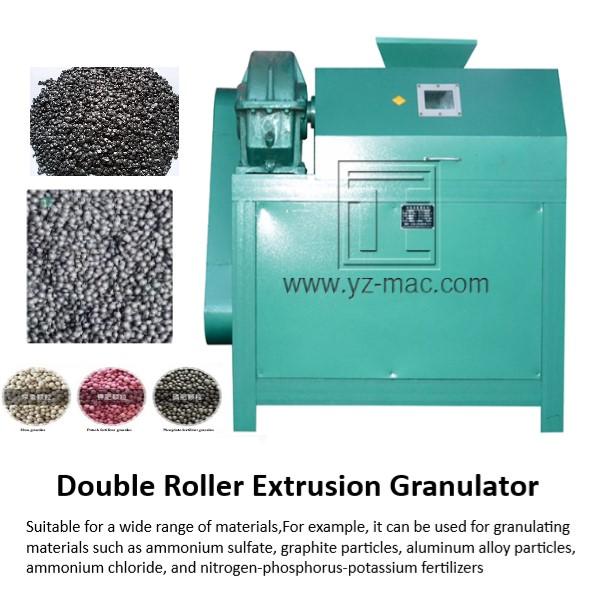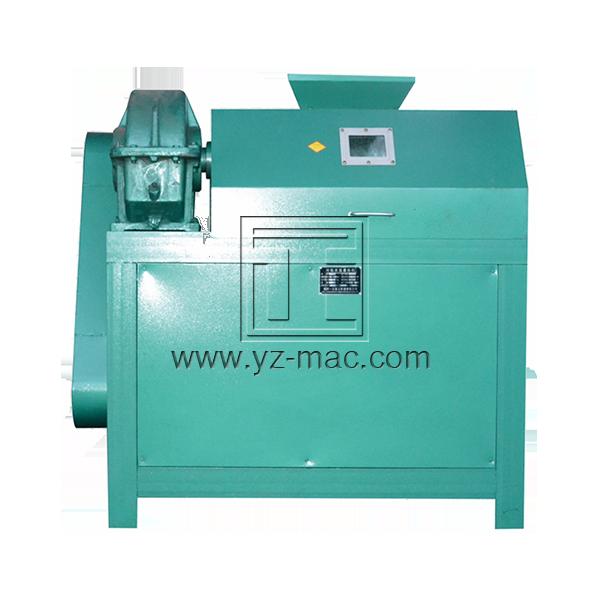Compost manufacturing machine
A compost manufacturing machine is a specialized piece of machinery designed to produce compost on a larger scale. These machines automate and streamline the composting process, creating optimal conditions for decomposition and the production of high-quality compost.
High Capacity:
Compost manufacturing machines are designed to handle larger volumes of organic waste materials compared to smaller-scale composting systems. They have higher capacities and can process significant amounts of organic waste, making them suitable for commercial operations or large-scale composting facilities.
Efficient Decomposition:
These machines create optimal conditions for decomposition by providing controlled environments that facilitate the activity of beneficial microorganisms. They often incorporate features such as mixing, aeration, and temperature control systems to ensure efficient and thorough decomposition of the organic waste materials.
Automated Operation:
Compost manufacturing machines offer automated operation, minimizing the need for manual labor and intervention. They are equipped with advanced control systems, sensors, and timers that monitor and regulate critical parameters such as temperature, moisture, and airflow. This automation ensures consistent composting conditions, improving efficiency and reducing labor requirements.
Mixing and Aeration Mechanisms:
Compost manufacturing machines incorporate mechanisms for thorough mixing and aeration of the composting materials. These features help maintain optimal moisture distribution, oxygen levels, and microbial activity throughout the composting process. Effective mixing and aeration enhance decomposition rates, improve compost quality, and minimize the formation of anaerobic zones.
Temperature and Moisture Control:
Compost manufacturing machines provide precise control over temperature and moisture levels, critical factors for successful composting. They often include advanced monitoring and control systems that regulate these parameters throughout the composting process. Maintaining the ideal temperature and moisture conditions ensures optimal decomposition and helps prevent the growth of pathogens or unwanted organisms.
Odor Management:
Compost manufacturing machines are designed to help manage odors associated with the composting process. They often incorporate features such as biofilters, odor control systems, or airflow management mechanisms. These features help minimize odor nuisances and create a more pleasant working environment.
Versatility:
Compost manufacturing machines can handle various types of organic waste materials, including food waste, yard waste, agricultural residues, and more. They are adaptable to different composting techniques, such as aerobic composting or vermicomposting. These machines can be customized or adjusted to accommodate specific waste types and composting requirements.
Environmental Sustainability:
Composting organic waste with a compost manufacturing machine contributes to environmental sustainability. By diverting organic waste from landfills, it reduces methane emissions and the environmental impact of waste disposal. Composting also produces nutrient-rich compost that can be used as a natural fertilizer, reducing the need for chemical fertilizers and supporting sustainable agricultural practices.






